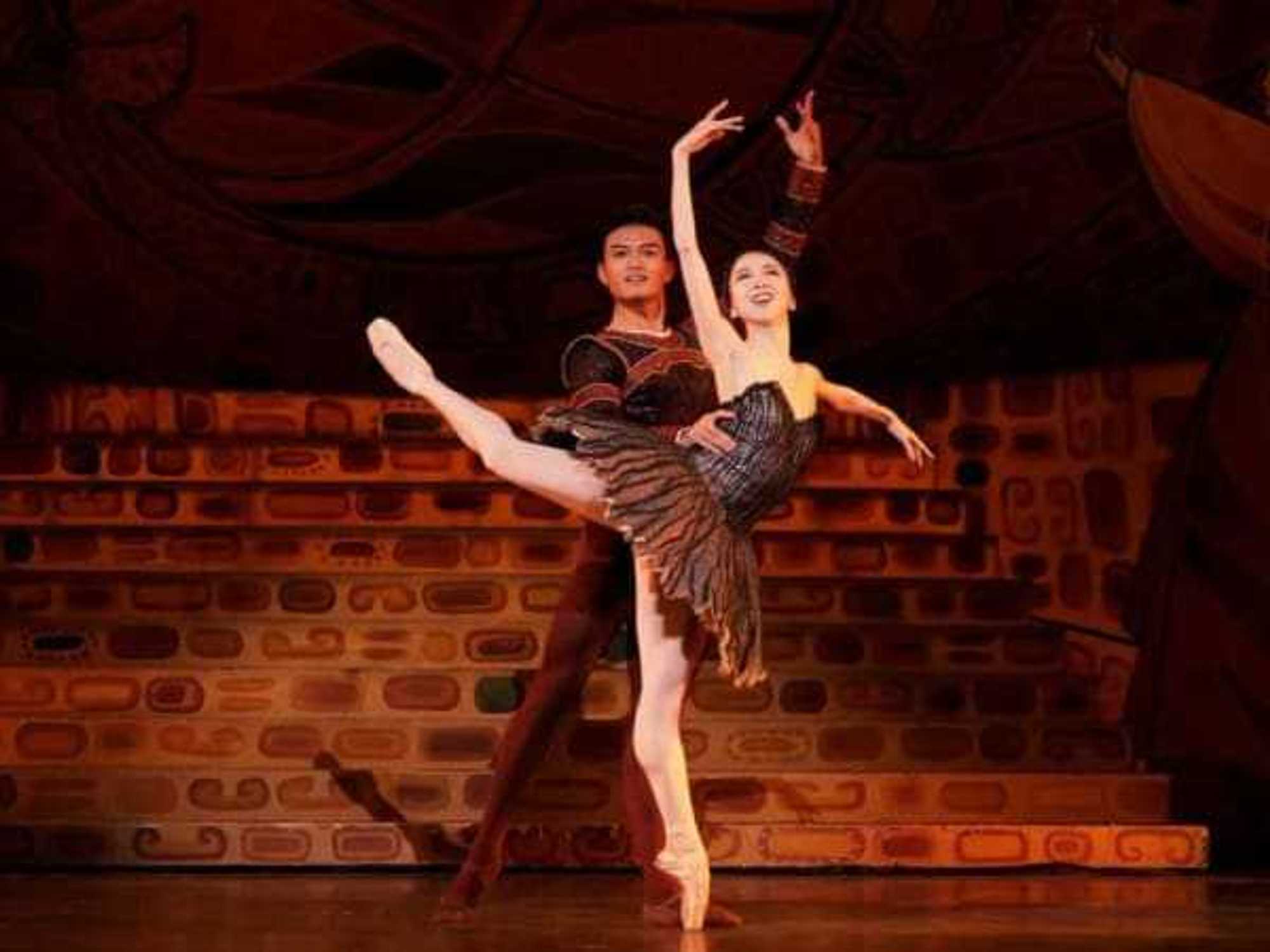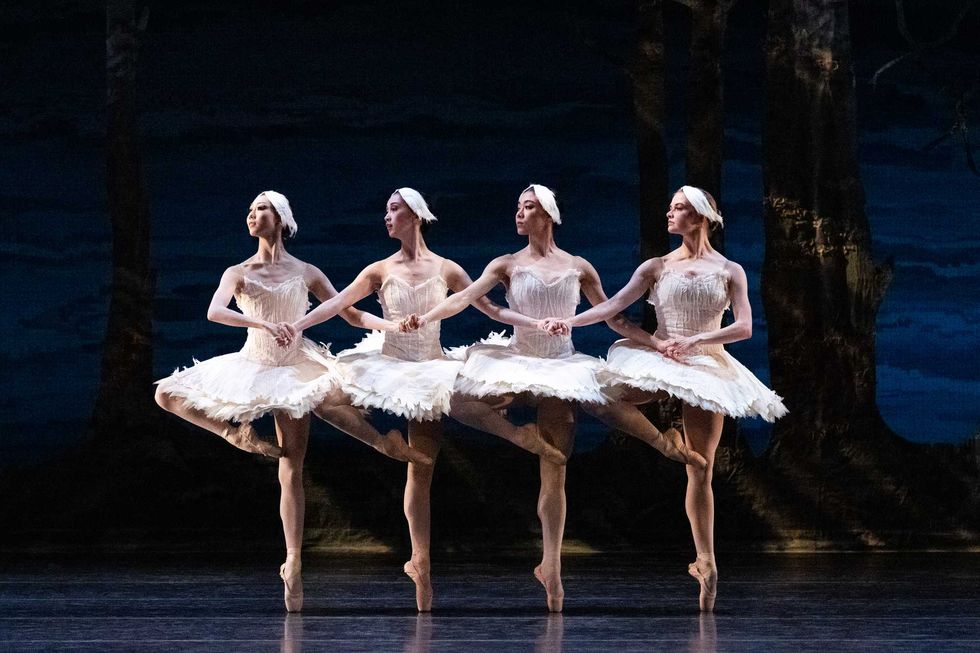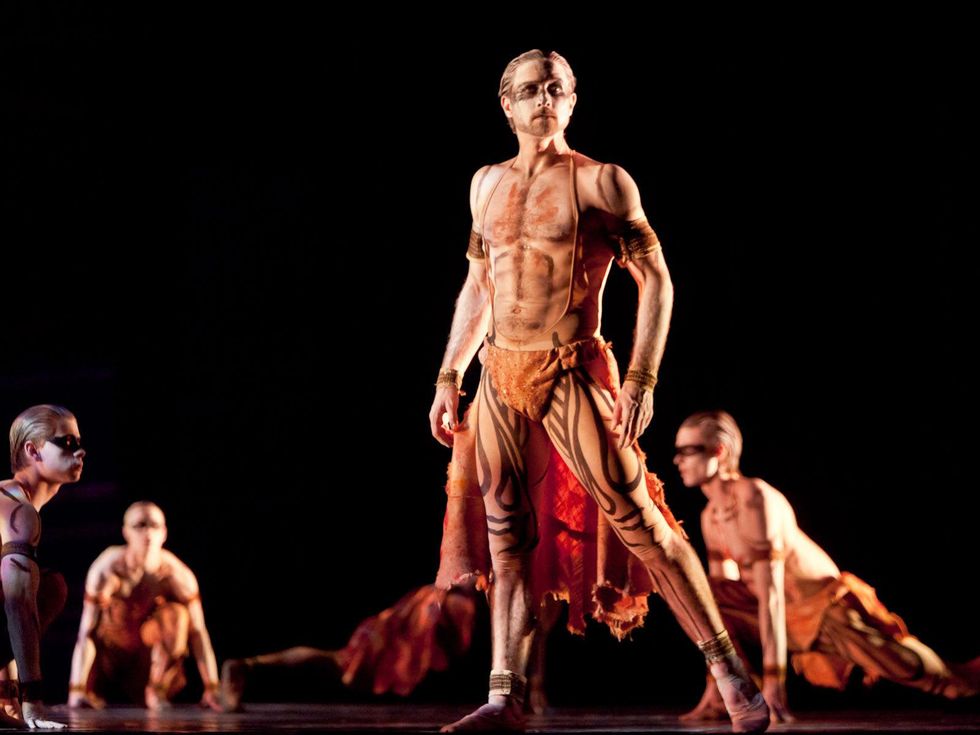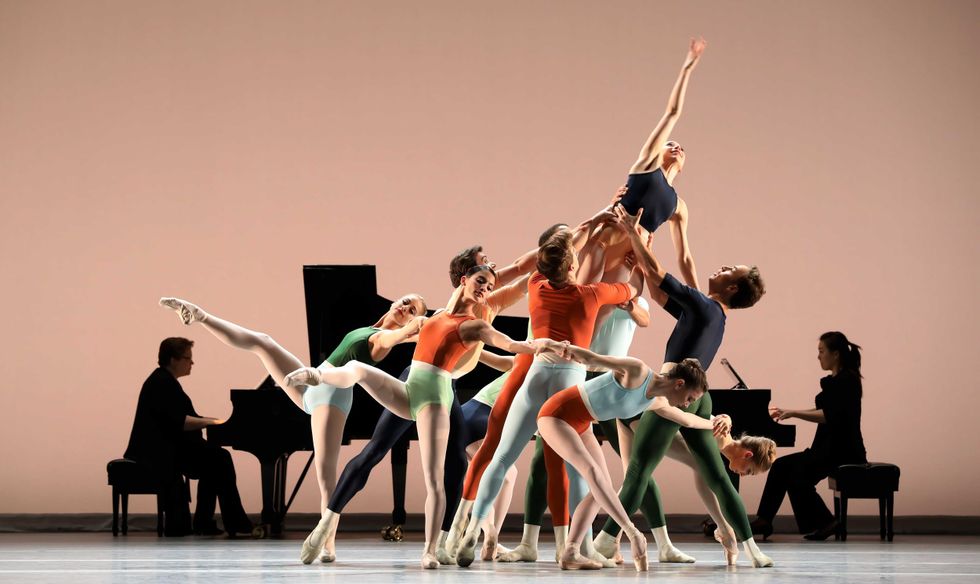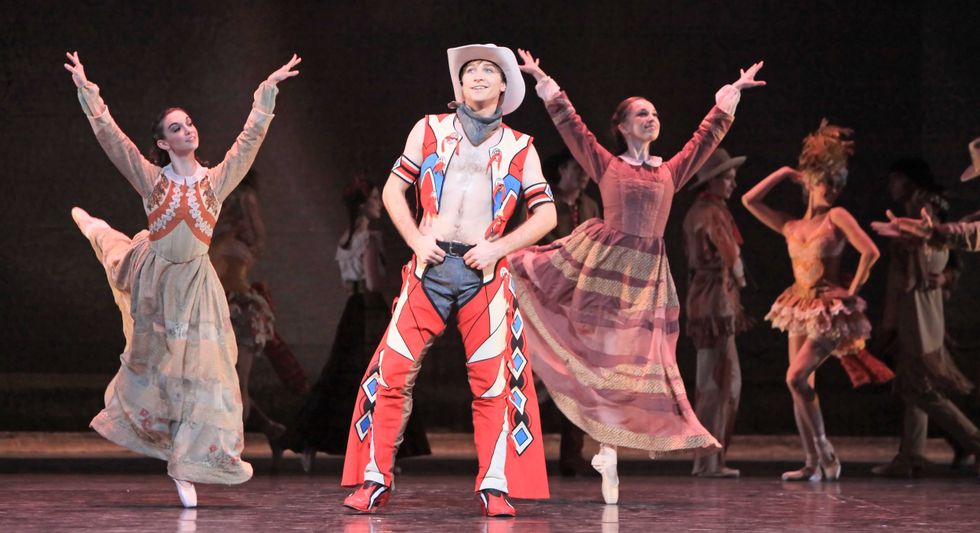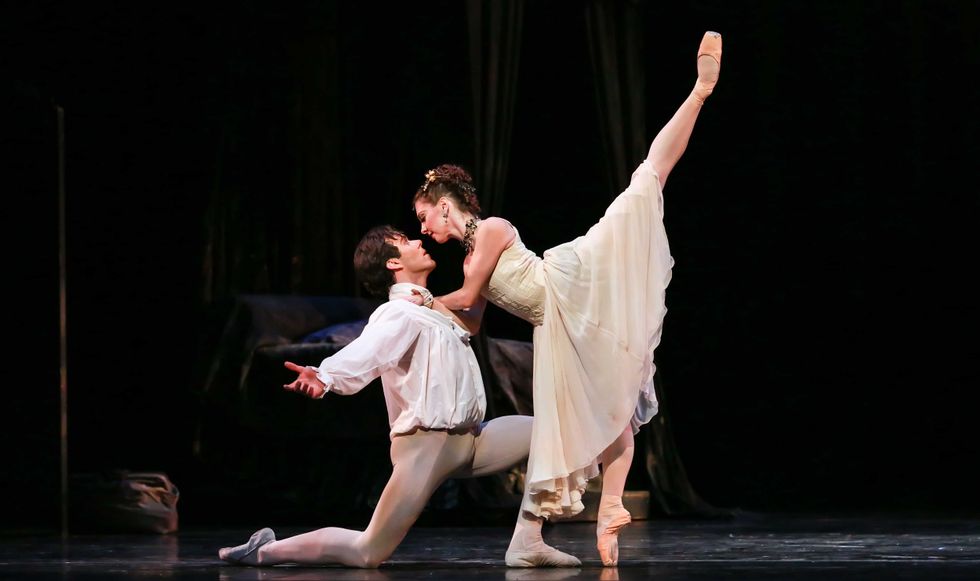Mahler Symphony No. 5
One night stand: Christoph Eschenbach rekindles love affair with HoustonSymphony
Watching Christoph Eschenbach conduct is akin to understanding classical music's intent, intensity and importance. There's undoubtedly a rhyme and reason to each of his gestures and musical ideas, such that his presence and influence transformed the path of the Houston Symphony from a decent local orchestra to an international asset during his tenure as music director from 1988 to 1999.
Professionally, the maestro and the orchestra may have broken up, but there's still a strong and passionate love affair.
Mahler Symphony No. 5 holds special meaning as it was a highlight during my tenure in Houston. We played it many times, on tour, in Vienna. I always think of Houston when I perform it.
It was the lure of European orchestras that whisked the German-born (what is now Wroclaw, Poland) conductor and pianist to assume the post of chief conductor of the NDR Symphony Orchestra in Hamburg and the music director of the Orchestre de Paris.
After a five year somewhat controversial stay as the music director of the Philadelphia Orchestra that ended in 2008, he took the position as music director of both the National Symphony Orchestra and the Kennedy Center for Performing Arts in Washington, D.C. in 2010.
On Tuesday, he returns to the podium of the Houston Symphony for the the first time since 2002 to perform Gustav Mahler's Symphony No. 5.
Prior to his brief stop in Houston, CultureMap caught up with the busy maestro and spoke by phone about the past, present and future of classical music and symphony orchestras and holidays in the City of Lights. Yes, that means Paris.
CultureMap: One concert, one piece. With the breath of classical repertoire available under your baton, what was it about Mahler's Symphony No. 5 that rendered it the piece that crowns this appearance? I get it. It's Mahler. But does it hold any particular significance?
Christoph Eschenbach: Knowing that I didn't have much rehearsal time, I had to choose one piece that would be substantial to warrant a whole concert, without breaks, dedicated to it. I thought of one piece and one piece only.
Mahler Symphony No. 5 also holds special meaning as it was a highlight during my tenure in Houston. We played it many times, on tour, in Vienna. I always think of Houston when I perform it.
CM: The arts world is rapidly changing. Be it the economy, education or the Internet, what should arts organizations do to ensure they prepare properly for this new era?
CE: I see things in more of a positive light, I don't want to be pessimistic. There's enormous talent in all performing arts and performing arts organizations. Conservatories and training institutions are producing incredible artists. And they would see the situation much different.
Organizations like the Houston Symphony — including theater, ballet, opera and museums — need to address young people in such a way that they feel welcome and excited to attend concerts. The educational department becomes crucial. It has to provide good material to tell young people and society in general that classical music, the arts overall, are needed. They are crucial, not an elective.
Organizations like the Houston Symphony — including theater, ballet, opera and museums — need to address young people in such a way that they feel welcome and excited to attend concerts.
It's really a moral issue. If you know that and you approach it with that mentality, classical music cannot fail, and everyone will recognize its value.
CM: Maestro Hans Graf is retiring at the end of the 2012-13 classical season. Knowing the Houston Symphony as well as you do, what virtues should the new music director have? What should the symphony be looking for?
CE: The Houston Symphony is a very curious orchestra, willing to try new things, you see. The conductor, the new music director must be interested in exploring diversity of programming and different ways to use the resources available.
I think tours are extremely important, showing off Houston's gem to many other cities, so it continues its international reputation.
CM: With all the changes in music distribution, is recording still an important part of an orchestra?
CE: Technology has changed the music recording landscape radically, and it's important that orchestras, soloists and opera singers shift their approach to recording. The full-length record is sort of a piece that belongs in a museum right now. It may not be as important to make CDs as it is to have a strong presence on the Internet, via streaming, so the orchestra can be a part of a global community.
For that to happen, orchestras have to reorganize, make new rules for union contracts. The old union rules don't work well for this.
CM: How do you keep up your piano playing having such a busy schedule as a conductor?
CE: I don't play very much piano, though I try to practice — I practiced one hour today — to keep it alive. I find it helpful for orchestra musicians to know that their music director or conductor plays and still plays an instrument, that they can share the stage with them. I accompany singers, but I'd say 95 percent of my time is spent on the podium.
CM: It's been a while since you've spent a considerable amount of time in Houston. What do you miss most?
CE: My time in Houston was one of the best in my life. I miss a lot of the friendships that developed out of my position as music director. Growing the Houston Symphony into a world class band (laughs) was a unique experiene. It's a beautiful orchestra. I have a beautiful orchestra now in Washington, which is also wonderful.
I feel fortunate to have had that opportunity.
CM: Fondest memories while you were here?
CE: My most interesting projects while in Houston were collaborations with the opera. We had many outstanding performances like Richard Strauss' Elektra, Salome, Arabella and many Mozart operas. They were very successful, both in the cast and in production.
I am amazed how the city has developed from the oil crisis in the '80s. It was a ghost town. Many corporations had moved out of downtown, glass buildings were practically empty. It wasn't very pleasant to walk through the streets. But now, downtown is almost unrecognizable with restaurant after restaurant. Jones Hall is very much alive. It's very exciting for me to see how enourmously it has developed.
Last time I was here, which was with Lang Lang and the Schleswig-Holstein Festival Orchestra, I didn't have much time to explore. I had lunch with the musicians, and off we went.
CM: After Houston, where do you go next?
CE: I go to Europe, to London to conduct the London Philharmonic with Renée Fleming (Strauss Four Last Songs, Wagner Overture to Tannhäuser and Beethoven Symphony No. 7). Then take that on tour to Madrid. After that, I will travel to Bremen and Hamburg with the NDR Sinfonieorchester. There, Christian Tetzlaff will perform Lalo Symphonie Espagnole (Dvorak Symphony No. 8 is also on the program).
And that's before the holidays.
CM: And your plans for the holidays?
CE: I'll be in Paris. I have a second home there with a piano, so I'll spend it with my music friends, possibly playing chamber music. I am looking forward to that.
Here's what to expect. Watch a video of Eschenbach conducting Mahler Symphony No. 5 with the Orchestre de Paris:
Christoph Eschenbach conducts the Houston Symphony for one concert set for 7:30 p.m. Tuesday at Jones Hall. Tickets are $29 - $119 and can be purchased online or by phone at 713-224-7575.
